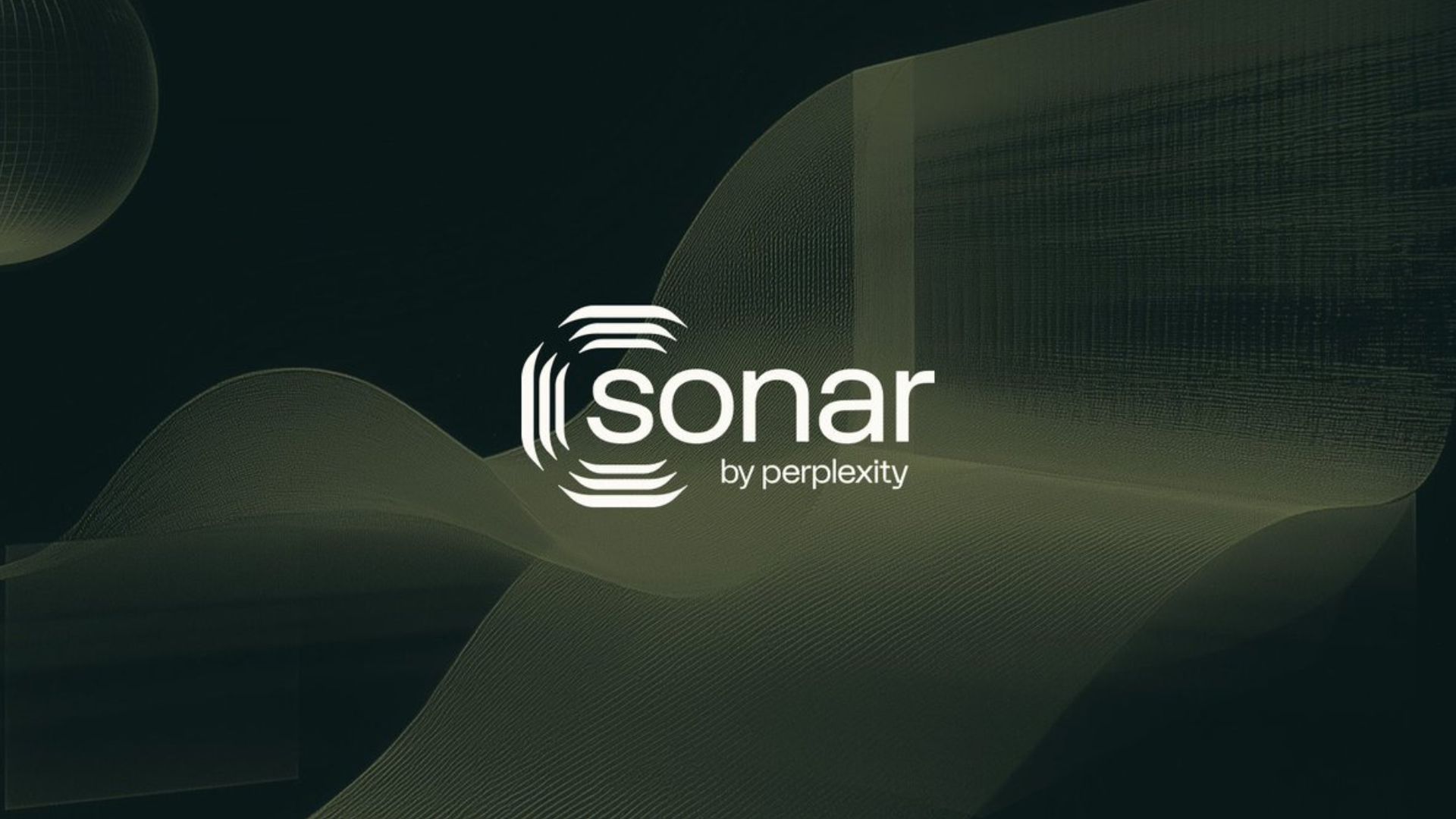In a significant move aimed at boosting its market presence, Perplexity has launched the world’s most affordable search API, Sonar, on Tuesday.
This new API service enables businesses and developers to integrate its generative AI search tools into their applications.
This innovative step marks an evolution in how enterprises can leverage advanced search technologies, propelling Perplexity beyond the confines of its app and website.
World’s most affordable search API
Perplexity said the launch emphasized a critical distinction in the current landscape of generative AI features.
“While most generative AI tools rely solely on pre-existing training data to provide answers, this approach inherently limits their effectiveness,” the company noted.
To ensure a higher standard of factuality and reliability, the Sonar API is designed to establish real-time connections to the internet, allowing access to answers grounded in trusted online sources.
The Sonar API is available in two distinct tiers, catering to different needs and budgets.
The base tier, named Sonar, offers a cost-effective and speedy solution. At the same time, the more advanced version, Sonar Pro, is tailored for users requiring detailed responses and the ability to tackle complex inquiries.
This tiered approach presents flexible pricing options, which could be particularly appealing to a wide range of developers and organizations.
The pricing framework for the Sonar API is straightforward. The base version is priced at $5 for every 1,000 searches, in addition to a charge of $1 for every 750,000 words input into the AI model and another $1 for every 750,000 words generated as output.
Conversely, the Sonar Pro version commands a fee of $5 for every 1,000 searches, coupled with $3 for every 750,000 words input and $15 for every 750,000 words produced as output.
Perplexity assures customers that the Sonar API offers one of the most competitive pricing structures in the current market.
The launch of Sonar is a strategic effort to increase Perplexity’s revenue streams.
Alongside its existing subscription service for unlimited access to its AI search engine and additional features, the introduction of this API opens new avenues for monetization.
This development is especially relevant in light of recent trends in the tech industry, where numerous companies have drastically decreased the costs associated with accessing AI tools via APIs.
To take on Google, OpenAI
Perplexity has garnered attention from notable companies, with Zoom being among the first to incorporate Sonar to enhance its video conferencing capabilities.
By integrating the API, Zoom’s AI assistant can now deliver real-time responses rooted in web searches, complete with citations, all while users remain engaged in video conferences.
This use of Sonar improves the user experience and demonstrates the practical application of Perplexity’s technology in everyday business contexts.
In a competitive environment, Perplexity aims to distinguish itself not only through pricing but also in performance.
The company claims that Sonar Pro has outperformed leading AI models from major players such as Google and OpenAI in benchmarks measuring factual accuracy in chatbot responses.
This claim adds an extra layer of credibility to Sonar’s appeal, particularly for enterprises prioritizing accuracy in information retrieval.
Despite its successes, Perplexity is actively seeking to expand its annual recurring revenue, which currently hovers between $5 million and $10 million—a robust figure for a startup of its size and duration.
The company secured an impressive $73.6 million in funding earlier this month, bringing its total valuation to approximately $520 million.
This influx of capital facilitates Sonar’s development and marketing and favors Perplexity for future growth.
As the demand for sophisticated AI search tools escalates, Perplexity’s Sonar API could play a pivotal role in shaping the future of generative AI applications across various industries.
With its focus on factuality, customization, and competitive pricing, Perplexity is poised to strengthen its standing as a leader in the generative AI landscape.

